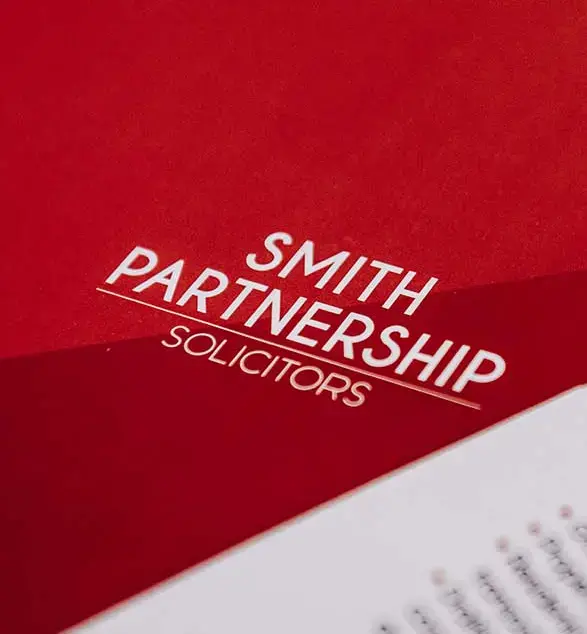
Dealing with a loved one’s estate
One of the first questions we are asked when someone dies is “what do I do now?”
If the person who has died has left a Will, it is the responsibility of the Executors named in the Will to deal with the estate. Our Solicitors are best placed to guide you carefully through the initial process of registering the death and dealing with the assets held by the deceased. The first thing to establish is whether a “Grant of Probate” is needed.
What if the deceased did not have a Will?
If a Will cannot be located, this will mean they died “Intestate”. In this case the people entitled to deal with the estate are the next of kin. Our Solicitor would establish what assets were held by the deceased and whether a Grant is required and in this case the document is called a “Grant of Letters of Administration”.
What is a Grant of Probate/Letters of Administration?
A grant is a legal document which entitles the Executors or Administrators to deal with the estate of the deceased.
When is a Grant of Probate/Letters of Administration needed?
A grant is almost always needed when the person who dies leaves one or more of the following:
- £10,000 or more in any one account
- stocks or shares
- certain insurance policies
- property or land held in their own name or as ‘tenants in common’
In most cases above, the bank or relevant organisation will need to see the grant before transferring the assets. However, if the estate is small, some organisations may release the money at their discretion.
When is a grant not needed?
A grant may not be needed where:
- the person who died left less than £10,000
- they owned everything jointly with someone else and everything passes automatically to the surviving joint owner
If the accounts are small, it is wise to contact the account holders to find out if the assets can be obtained without a grant.
If you’d like to find out more about the legal services offered by Smith Partnership, don’t hesitate to contact us via info@smithpartnership.co.uk. Alternatively, speak to a member of our team directly on 0330 123 1229.

Share this article






















